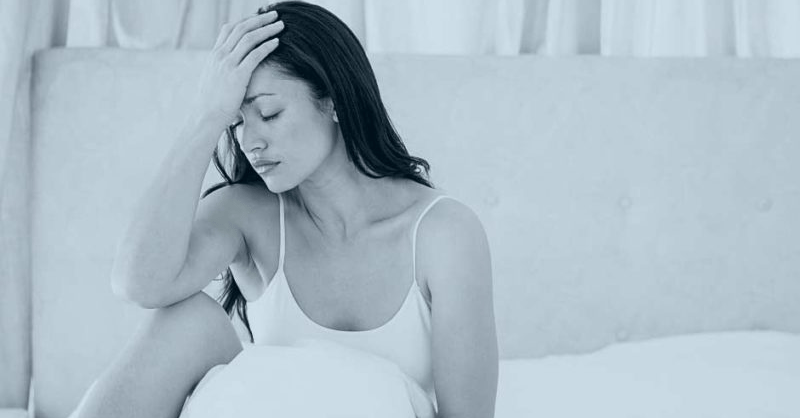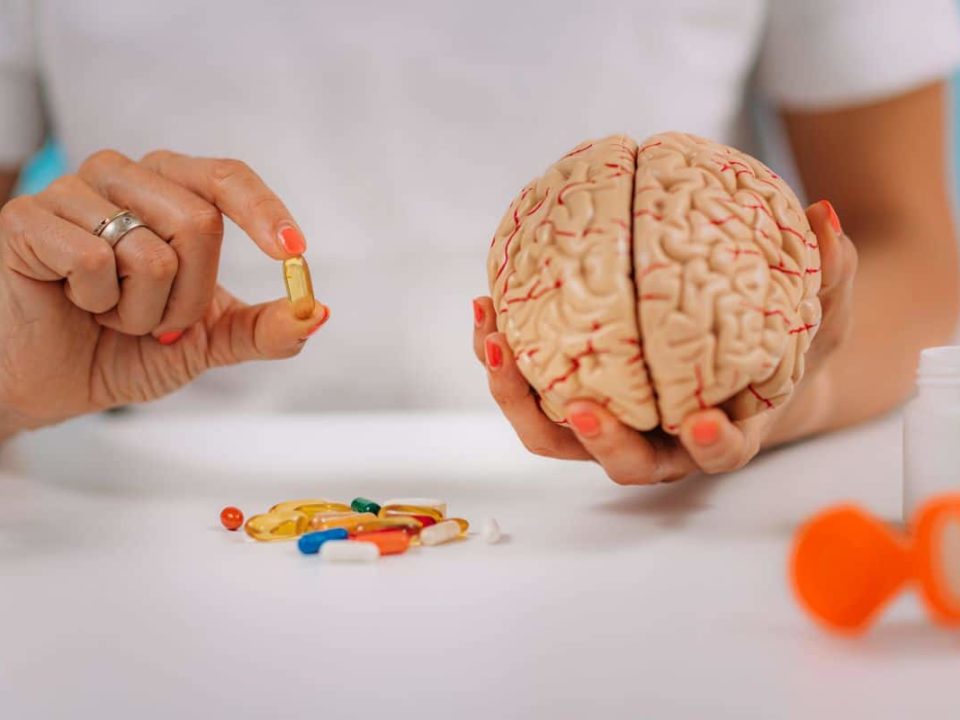
10 Signs you’re suffering a migraine
May 14, 2024
Understanding the Importance of VOMs Testing in Concussion Management
June 18, 2024Join Melbourne Osteopath Cliff as he discusses the causes, treatment, and prevention of menstrual migraines.
Migraines are a common and often debilitating condition that affects millions of people worldwide. Women are three times more likely to experience migraines than men, with menstrual migraine affecting up to 50% of women who live with migraine.
Causes of Menstrual Migraines
Menstrual migraines are triggered by hormonal changes that occur during the menstrual cycle. The menstrual cycle is controlled by a complex interplay of hormones, including estrogen, progesterone, and follicle-stimulating hormone (FSH). Estrogen and progesterone play a crucial role in regulating the menstrual cycle, they are also linked to the production of serotonin, which acts to desensitise the brainstem. Evidence suggests that an increase in brainstem sensitivity during this time is what leads to a migraine episode.
Menstrual migraines are more likely to occur during the following phases of the menstrual cycle:
- Pre-menstrual Phase: The days leading up to menstruation, when estrogen and progesterone levels drop.
- Menstrual Phase: The first few days of menstruation, when estrogen and progesterone levels are at their lowest.
Classic Treatment of Menstrual Migraines
- Over-the-counter Medications: Non-steroidal anti-inflammatory drugs (NSAIDs) such as ibuprofen or aspirin can help alleviate menstrual migraine symptoms.
- Prescription Medications: Prescription medications such as triptans or ergotamines can help alleviate menstrual migraine symptoms.
- Hormone Therapy: Hormone therapy can help regulate estrogen and progesterone levels, which can reduce the likelihood of experiencing menstrual migraines.
The Watson Headache Approach
At the Melbourne headache and migraine group our individualised treatment is based on the Watson Headache approach.
This evidence-supported approach focuses on the effect the upper neck can have on a variety of headaches and migraine conditions, including menstrual migraine. Stress in the upper neck can increase sensitivity in the central nervous system and brainstem, which when coupled with fluctuations in hormone levels during menstruation, can result in menstrual migraine.
Our gentle hands-on approach focuses on reducing stress and tension in the upper neck and therefore decreasing the sensitivity of the brainstem. As a result, we can reduce the frequency and/or severity of your migraine and the need for ongoing medications.
Prevention of Menstrual Migraines
- Avoid Triggers: Keeping a migraine diary can help identify triggers such as stress, lack of sleep, or certain foods. Once you’ve identified your triggers, take steps to avoid them.
- Manage Stress: Stress is a common migraine trigger, so it’s essential to find ways to manage stress. Practices such as meditation, yoga, or deep breathing can help alleviate stress.
- Maintain a Healthy Lifestyle: Eating a healthy diet, staying hydrated, and regularly exercising can help reduce the likelihood of experiencing menstrual migraines.
- Get Enough Sleep: Lack of sleep can trigger migraines, so it’s crucial to get adequate sleep. Aim for seven to eight hours of sleep per night.
- Consider Hormone Therapy: Hormone therapy can help regulate estrogen and progesterone levels, which can reduce the likelihood of experiencing menstrual migraines. However, it’s essential to consult a healthcare provider to determine whether hormone therapy is right for you.
In conclusion, menstrual migraines are a particular type of migraine that is linked to the menstrual cycle. By following these prevention tips and seeking appropriate treatment, you can reduce the likelihood of experiencing menstrual migraines and alleviate symptoms when they do occur.
Our team at Melbourne Headache and Concussion Group are located within Williamstown Health and Lifestyle and is passionate about helping you reduce your reliance on medications and improving your quality of life. You can book online or call our reception team on 93978877.


